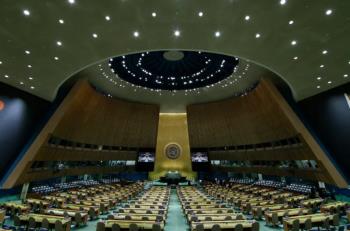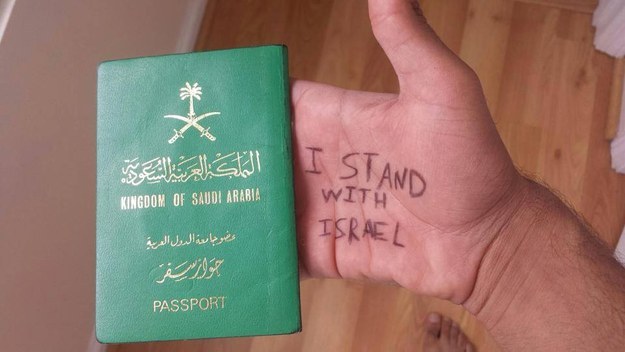Alwaght- “From Riyadh to Tel Aviv” had never been a flight that could be seen on an airport board in Saudi Arabia. There was never a time to land in Ben Gurion airport or a time to depart back to Riyadh. Now amid the shifting sands of the Saudi-Israeli relations, direct commercial flights from Riyadh to Tel Aviv are available for the first time in history.
Last year, authorities in Saudi Arabia denied allegations that one of its passenger aircraft landed in Tel Aviv’s Ben Gurion airport in a historic first. An Israeli spokesman had said that the plane landed for “ongoing and routine maintenance” and that it was empty.
This time, Saudi officials are not denying the news.
Earlier this month, Saudi Arabian Airlines announced that there will be a flight that lands in Ben Gurion airport. An Israeli site claimed King Salman had given orders to the Minister of Transport to co-ordinate with his Israeli counterparts, “facilitating this historical development— Riyadh -to - Tel Aviv flights.”
The rumour has not been a shocking surprise to many as Riyadh and Tel Aviv have been gradually unveiling clandestine affairs. This announcement further indicates that these covert ties are entering a new stage—but not without consequences.
Establishing an active flight from and to an Arab state and the Israeli occupying regime is a big step toward normalization of ties, that not only aims to transform to the public’s attitude politically but also on business and social levels. Previously, the Saudis said that they do not offer flights to countries they do not have relations with. If the flights are activated, this would mean that the Saudis are acknowledging their ties with the Israelis; hence, they would be legitimizing the occupation of Palestine.
After taking the first steps toward changing the conception of the Arab-Israeli struggle, the Saudis look to establish strategic ties with the regime, particularly against the resistance. Both sides are openly targeting all forms of resistance in the region, from Lebanon, to Syria, to Iraq and Yemen. In their calculations, joining forces with the Israelis could help vanquish the resistance in the region, particularly Hezbollah.
In Gaza, the Israeli regime is responsible for the death of thousands of civilians, most recently in the summer of 2014 when hundreds of children were killed in Israeli air strikes. In Yemen where the Saudi-led coalition has relentlessly bombarded civilian areas, men, women and children are being killed indiscriminately. Netanyahu has expressed support for the war on Yemen. Regardless of the similarities between the two regimes, the Israeli regime’s brutality against children has always been a subject of denunciation in the Arab world. What many fear is the Saudi bid to wash away these feelings, to basically desensitize public opinion regarding the plight of Palestinians.
A direct flight from the Saudi regime to the Israeli regime conveys a message to the Arab world; that relations between these two powers are no longer to be kept secret. Such a move, highly signifies the beginning of normalization and aims to spread this concept in the region. What was once considered an appalling taboo against the Palestinian cause looks like will become the latest trend in some Arab states.
As mentioned before, setting such goals will cost the Saudis.
The first consequence would be the loss of Muslim trust, that is if it hasn’t been lost already. The Palestinian cause has always been an Islamic concern for most of the 1.6 billion Muslims around the world and for Riyadh to gradually and openly give up the fight for al-Aqsa will cost it its position the Islamic world.
Palestinians would be particularly disappointed. Becoming friends with the Israeli regime constitutes a violation of Palestinians’ rights. Since Palestine is a sister Arab state, giving up its cause for the sake of shifting interests amounts to treason. If the Israelis robbed the Palestinians of their land and rights, then the countries that are recognizing the so-called legitimacy of “Israel” are robbing Palestinians of the hope to return to their homeland.
At the same time, when one door closes another opens, that is to say, that rejecting the Palestinians plight would not end the struggle for liberation. In fact, the Islamic Republic of Iran has always shown its support for the Palestinian resistance. The more the Saudis alienate these resistance groups, the further they will adhere to Tehran.
There are still no official diplomatic relations between the Israelis and the Saudis. However, many have ceased to consider them as adversaries because they have a common ally: the US, and common enemies; Hezbollah and Iran. Now it remains to be seen how far these two forces in the region will take their relationship and what it will mean for the fate of Palestinians.



























